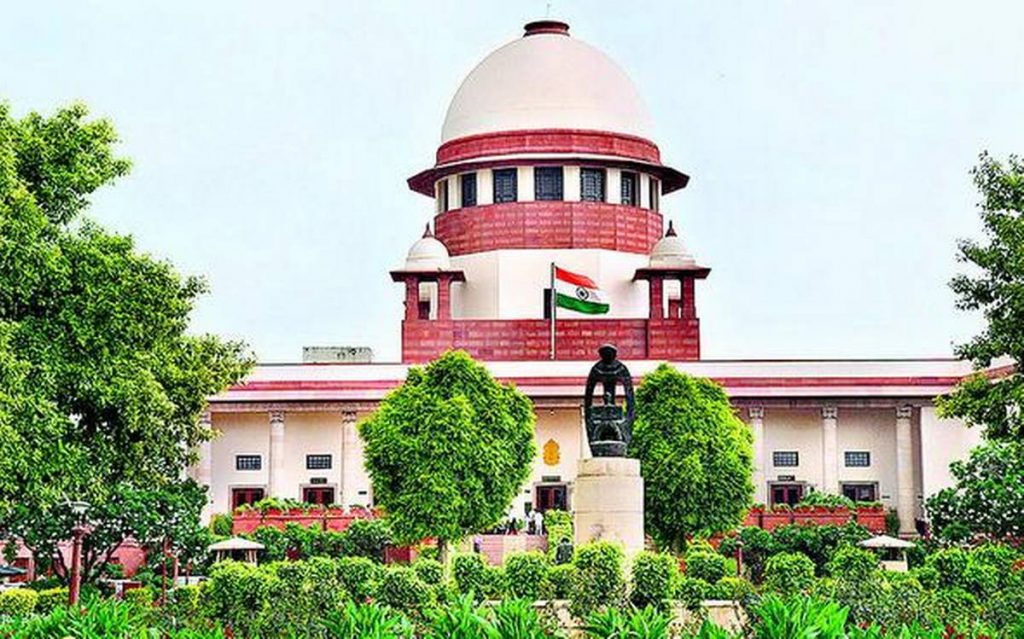
Image Source: ipleaders.in
Introduction
The role of tribunals in governing bodies has been a subject of recent scrutiny, particularly in the context of their authority concerning government policy formulation. The Supreme Court's recent ruling has significant implications for the powers of these tribunals in shaping and influencing policies.
Background
Prior to this ruling, tribunals across various sectors held considerable authority in evaluating and sometimes even influencing government policies. Their role was pivotal in ensuring checks and balances in administrative decisions and policy formulation.
Supreme Court Ruling and its Impact
The recent Supreme Court ruling, delivered by a bench of justices, outlined limitations on tribunal authority over government policy formulation. The verdict emphasized the principle of separation of powers, asserting that tribunals must not encroach upon the domain of policy-making, which primarily falls within the legislative and executive spheres.
The ruling has sparked debates among legal experts, policymakers, and aspirants preparing for competitive exams like the Union Public Service Commission (UPSC). Understanding the ramifications of this judgment is crucial for those aspiring to join the civil services, as it underscores the importance of distinguishing between the roles of tribunals and the government in policymaking.
UPSC Perspective
From a UPSC perspective, candidates need to comprehend the evolving legal landscape and the implications of judicial decisions on administrative practices. Questions related to the division of powers between tribunals and government bodies might feature in UPSC exams, highlighting the significance of staying updated with such landmark judgments.
Conclusion
In conclusion, the Supreme Court's ruling establishes boundaries on tribunal authority, emphasizing the need for a clear demarcation between the functions of tribunals and the government in policy formulation. This decision underscores the importance of respecting the separation of powers doctrine and understanding its implications in administrative governance.